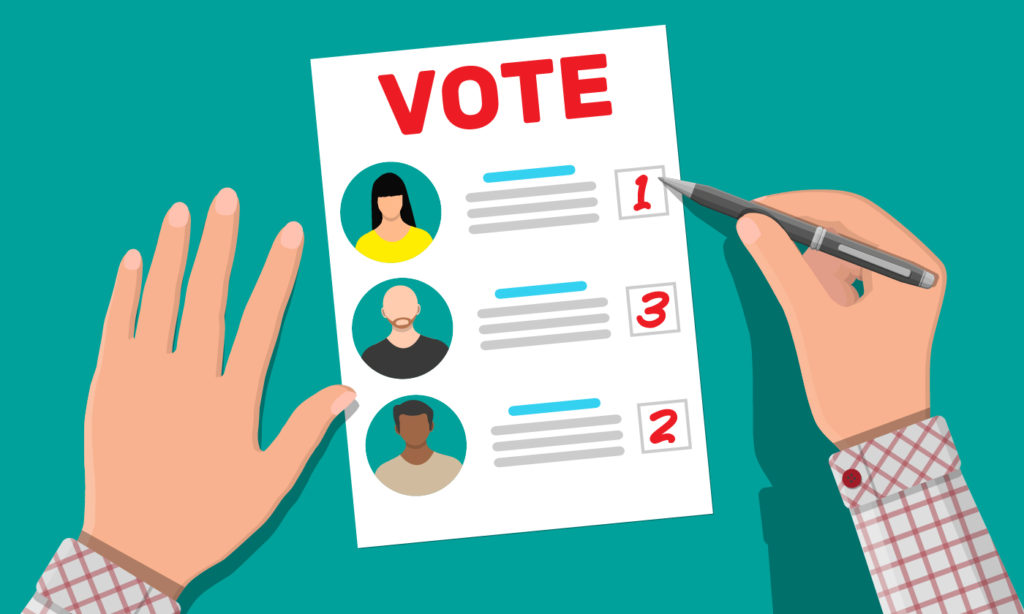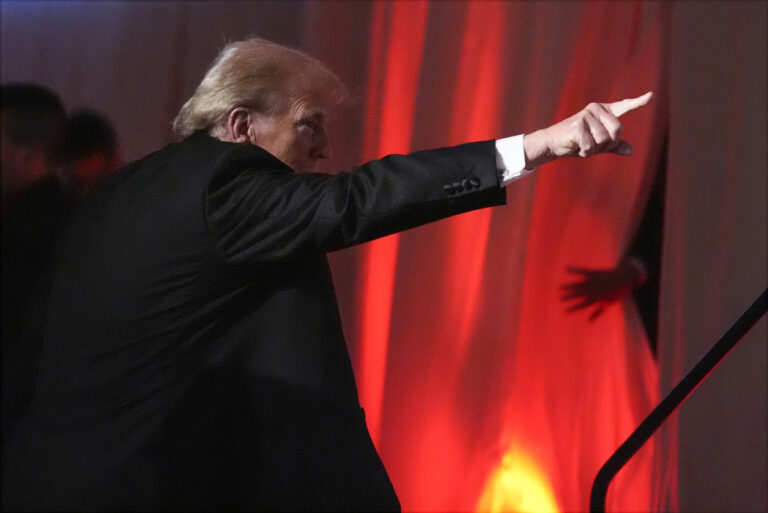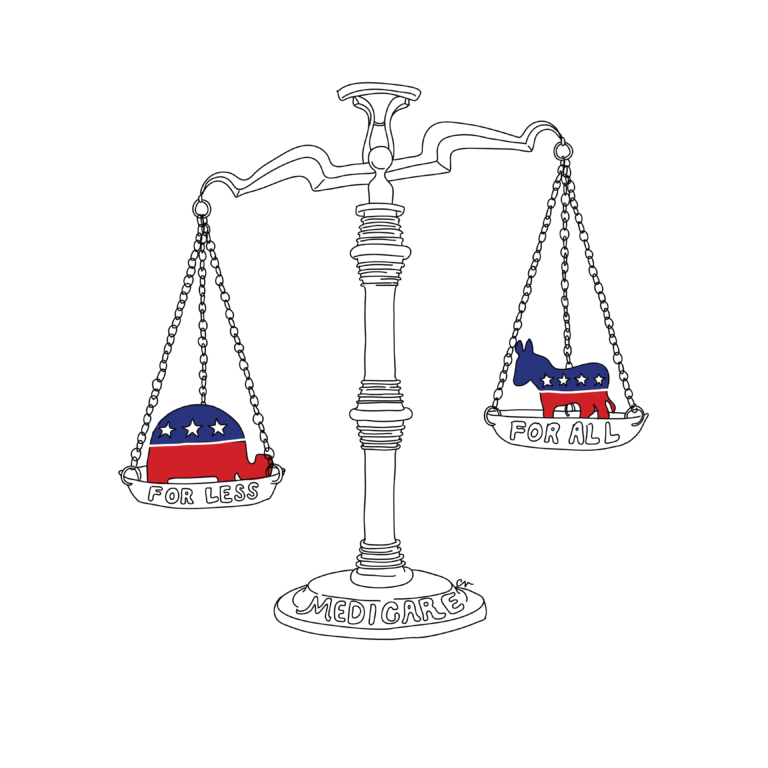
On November 3, 2020, aside from voting for the President, their Senator, their Representative, and a multitude of local offices, citizens of Massachusetts also voted on Question 2. The measure, if voted in, would implement a ranked choice voting system for “primary and general elections for state executive officials, state legislators, federal congressional and senate seats, and certain county offices,” starting with the 2022 elections. However, with 54.8% of Massachusetts voters voting against Question 2, it failed—the existing plurality system would remain.
By all accounts, it looked as if Massachusetts would vote in the measure with no issues. In the deep-blue state that voted for Biden by a margin of 65.9% to 32.3%—an even larger margin than in 2016—and has voted blue for every Presidential election since 1984, the initiative gained endorsements from the Massachusetts Democratic Party, both Democratic Senators, and a host of other Democratic politicians within the state. From across the aisle, former Republican Governor Bill Weld also supported the initiative, in addition to the Massachusetts Libertarian Party. The campaign for Yes received around $10 million in donations, in contrast to the campaign for No’s comparatively measly $8.4 thousand.
The argument for ranked choice voting is quite simple—you can vote for who you truly want to, without fearing the “spoiler effect.” It gives the voters more choice, away from the two party duopoly that dominates U.S. politics.
The argument against? According to Governor Charlie Baker, Lieutenant Governor Karyn Polito, and others in opposition, it is too complicated and too costly. For reference, the “additional layer of complication” for voters in the process that Baker and Polito were worried about is quite literally just ranking the candidates “one, two, three” and so on—a task that the vast, vast majority of Massachusetts voters are capable of doing.
So, why did it fail, and why by a fairly considerable margin? Ordinarily, the opinions of Republican lawmakers would have a minimal impact on the voting outcome of the majority-Democratic voting base in Massachusetts, especially in today’s incredibly partisan times. But Charlie Baker is an unprecedented outlier. Despite being a Republican, he enjoys 81% approval from Massachusetts Democrats, in comparison to 65% approval from Massachusetts Republicans and 68% approval from Massachusetts independents—leaving him with a combined 72% approval rating. Governor Baker garners universal respect despite the R next to his name, as evidenced by the 7% approval rating that President Trump has among Democratic primary voters in Massachusetts. So, perhaps his disapproval of the ballot measure was enough to push a critical mass of voters onto the “No” side of the issue.
Alternatively, maybe this was a result of the time in which the ballot measure was put forth. Combine a proposed change to the voting system that can seem somewhat esoteric from a distance (despite its simplicity), the chaos of a pandemic that hit Massachusetts pretty hard, and Trump’s continued attempts to disrupt and mess with the current system, and it’s not hard to see why some may trend towards the comfort of the status quo. To some that may have been on the fence, the ongoing chaos puts any attempts to rewrite the voting system in doubt. This theory may be more comforting to those who were disappointed by the ballot measure’s failure this November, but we won’t truly know until more ballot measures about ranked choice voting are put forth in the future.
Despite the disappointing result, ranked choice voting activists must continue to advocate for ballot measures and legislation on the state level to introduce this voting system in place of the traditional, first past the post voting system. In an America where the majority of Americans disapprove of Congress, and therefore the two party duopoly, ranked choice voting gives a pathway for other voices and other options to enter the political discourse—in a role greater than that of a potential “spoiler” candidate. While ranked choice voting is quite limited today, one has to remember that just eight years ago, recreational marijuana was legalized for the first time—but now, the trend seems to be spreading. And, perhaps if the trend picks up in other states and other counties, the future for ranked choice voting in America can look bright once again.



